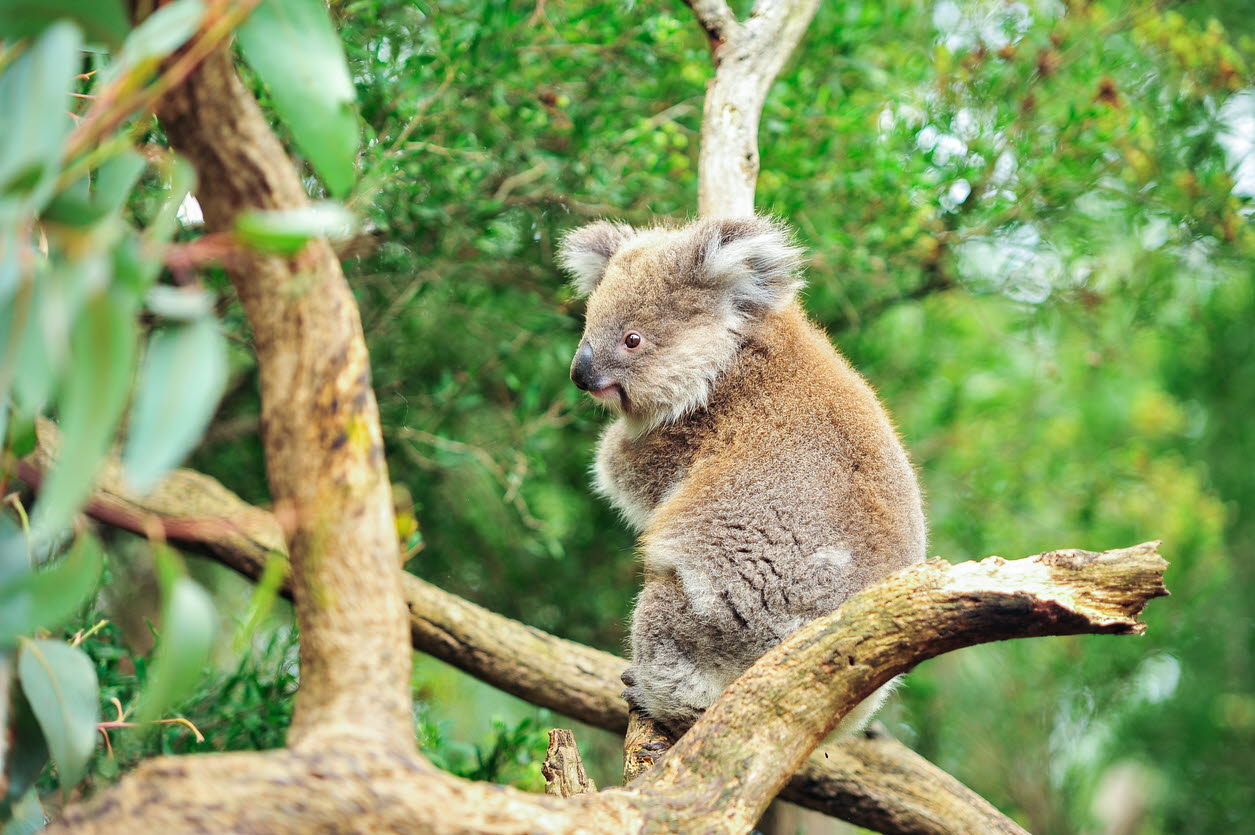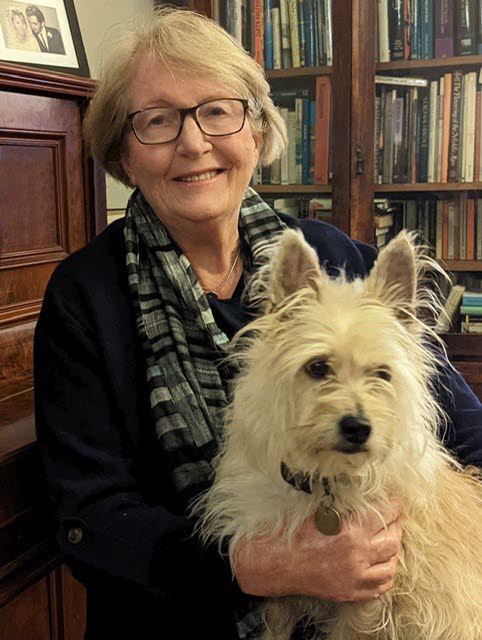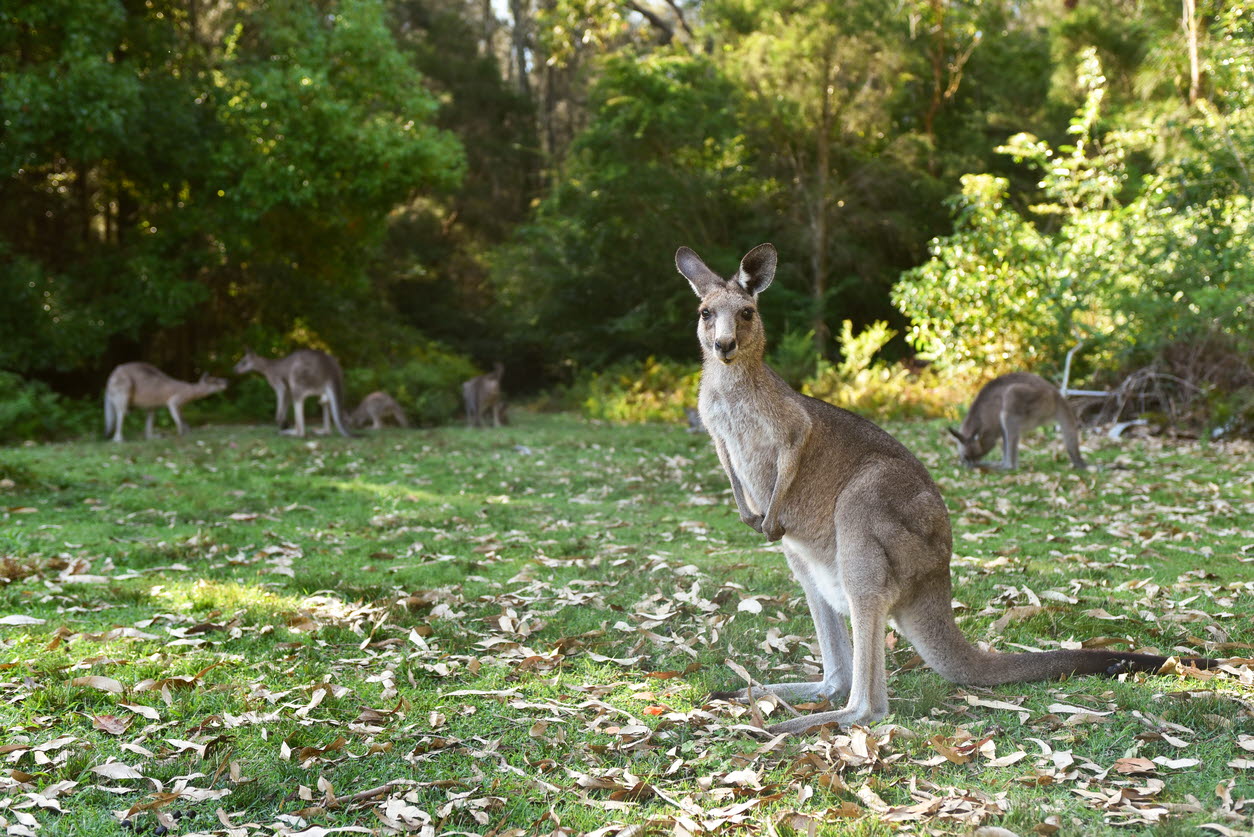SIG in the Spotlight: Australian Veterinary Conservation Biology
09 Apr 2025
In this edition of SIG in the Spotlight, read all about the Australian Veterinary Conservation Biology (AVCB) Group from President Dr Tanya Stephens.
The AVCB group concerns itself with wildlife medicine and conservation, applying a multi-disciplinary approach to conservation. It involves working with a variety of stakeholders to promote sound science and evidence-based wildlife management.

What benefits are there to becoming an AVCB member?
Connecting with fellow veterinarians who share a passion for the role of veterinary professionals in wildlife health, environmental conservation, and sustainability is a key benefit. The AVCB group offers a platform for networking and staying updated through engaging posts on the group’s Facebook page. Members also have opportunities to contribute through executive and volunteer roles within the Special Interest Group (SIG), allowing for active involvement in shaping the group's initiatives and policies.
A major benefit is collaboration, networking and working together with multiple other SIGs especially Australian Veterinarians for Animal Welfare and Ethics (AVAWE), Australian Veterinarians in Public Health (AVPH) and Unusual Pet and Avian Veterinarians (UPAV). Recognising the importance of conservation biology, AVCB has sessions at the ASAV Conference in Cairns in August.
Could you elaborate on the multidisciplinary approach the group takes in conservation efforts and the role veterinarians play?
SIG members have an interest in a broad range of roles that veterinarians play in conservation biology with many being actively involved. It is important to remember that the veterinarian is concerned with more than just the animal in front of them. A basic understanding of professional ethics highlights the essential role of the veterinarian who will, or at least should, notice not only the animal but the owner, the owner’s family and the environment in which they live.
A concern for the environment has always been integral to what it means to be a veterinarian. Members of AVCB no doubt feel the same way and are interested or involved in conservation biology. AVCB concerns itself with wildlife medicine and conservation and applies a multidisciplinary approach to conservation, working with a variety of stakeholders to promote sound science and evidence-based wildlife management. The involvement of veterinarians with wildlife goes beyond the activities of zoo vets and caters for others such as myself who are practitioners but also engage in wildlife research, and those with an interest in the conservation of biodiversity.
Members of AVCB are involved in or interested in conservation medicine, conservation of endangered species, sustainable farming including off-reserve conservation, sustainable utilisation of wildlife, the import and export of wildlife, wildlife disease, emerging disease ecology and zoonoses.
How does the group participate in policy development and advocacy for conservation issues?
AVCB contributes to the AVA’s Policy Advisory Council (PAC) by drafting policies relating to conservation biology such as zoo animals, control of feral animals, utilisation of wildlife as well as involvement in other policies which involve environmental issues. An AVCB policy on sustainability initiated by AVCB past president Michael Banyard is a highlight of policy development! The sustainability policy is an example of how the AVA is keen to respond to pressing issues of our times. This policy is a great credit to the Board and their modernisation and leadership in the face of universal challenges.
AVCB advocates for care of wildlife, the environment and sustainability through the Advocacy Forum.
Do you have an AVCB success story you can share?
A few years ago (pre COVID) AVCB held sessions and a very successful workshop on sustainability which highlighted the essential role of the veterinarian in the sustainability agenda. And the sustainability policy is a great achievement.
The establishment of the AVCB Student award and the Tony English award.
What career paths can members explore within veterinary conservation biology, and how does the group help facilitate these opportunities?
A career in veterinary conservation biology can lead to a variety of rewarding occupations. Some members – including me – work in practice and have an interest but there are also roles in research, zoo vet, government roles in conservation, providing advice and expertise to wildlife advisory groups, fisheries management, working in agriculture, working with indigenous communities, improving wildlife care in clinical practice. The opportunities are endless, and it is certainly not an either/or situation. Wildlife work can be incorporated into many veterinary roles and of course all veterinarians should be involved in environmental sustainability.
What are you most excited about for the future of the AVCB?
I believe that AVCB will continue to grow as veterinarians increasingly appreciate the important role of the profession in wildlife health, environmental health and sustainability.
What are the AVCB’s short term key focus areas?
AVCB is focusing on several short-term key areas, including environmental health, the impacts of climate change on wildlife, and sustainability. Climate change acts as a "threat multiplier" for wildlife disease, exacerbating existing threats like habitat loss and pollution.
Anything else you would like to add?
AVCB offers a student award and the Tony English award.
The Tony English award was established in recognition of Tony English's foundational role in establishing the AVCB in 1991 and his contribution to conservation biology until his passing in 2015. This award is given to a prominent member of the profession who has made an outstanding contribution to conservation biology, serving as a testament to the impact of dedicated professionals in this area.
Previous winners include Rupert Woods, Lee Skerratt, Larry Vogelnest and Kristen Warren.
The AVCB Student Award recognises a veterinary student's contribution and commitment to conservation biology during their undergraduate years. Nominations are now open for the 2025 AVCB Student Award
These awards highlight the AVCB's commitment to fostering a community that values both emerging talent and seasoned expertise in conservation biology.
About the AVCB President

As a small animal practice owner and practitioner with an interest in sustainability, conservation and wildlife, particularly kangaroos, Dr Stephens has had a distinguished career blending veterinary practice and wildlife research including original research on galactosaemia in kangaroos.
Tanya is the current Chair of the NSW Kangaroo Management Advisory Panel and a member of the NSW Kangaroo Management Taskforce and SA Kangaroo Project. Last year she gave a webinar for the AVA on Kangaroos, Pest or Asset.
She has published and presented extensively on a range of topics such as professional ethics, animal welfare, kangaroo management, climate change and land clearing, and has edited One Welfare in Practice: The Role of The Veterinarian which brings together these interests to a wide audience. She has another book scheduled for release in August called Veterinary Controversies and Ethical Dilemmas: Provocative Reflections on Clinical Practice which has an emphasis on veterinary practice.

